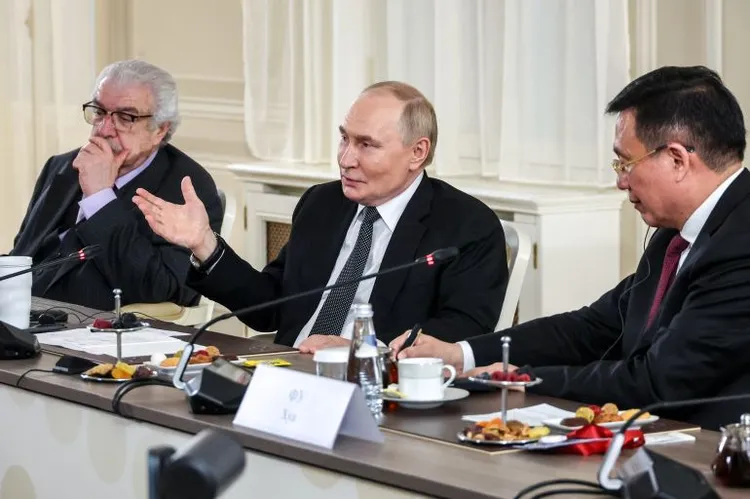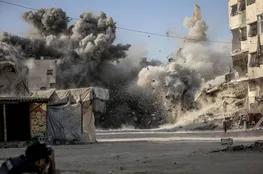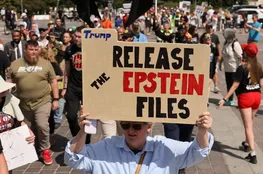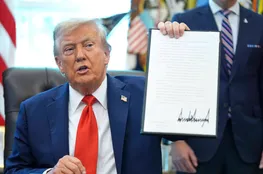Putin rejects question about any potential attempt to kill Iran’s Khamenei The Russian president, Vladimir Putin, has firmly dismissed speculation surrounding potential attempts to assassinate Iranian Supreme Leader Ayatollah Ali Khamenei, asserting that the Iranian nuclear program continues and that Iranian society remains steadfastly united behind its political leadership. During a meeting with international journalists alongside the Saint Petersburg International Economic Forum, Putin responded to inquiries about Khamenei with a decisive rejection, stating, "If I may, I hope that this will be the most correct answer to your question. I do not even want to discuss this possibility." This response highlights a deliberate effort to steer the conversation away from highly sensitive and potentially destabilizing concerns.
The backdrop to this dismissal is the ongoing and increasingly volatile conflict between Israel and Iran. Israeli Prime Minister Benjamin Netanyahu has recently voiced concerns that this conflict could ultimately lead to regime change within Iran, a prediction that underscores the severity of the situation. Netanyahu's statements, coupled with repeated Israeli attacks targeting senior Iranian military leaders and prominent nuclear scientists, have significantly escalated tensions. These strikes have resulted in a tragic loss of life, with a US-based Iranian human rights group reporting at least 585 fatalities, including 239 civilian casualties, since last Friday. The human cost of this conflict is undeniable and serves as a stark reminder of the potential consequences of continued escalation.
Adding another layer of complexity to the situation is a statement from former US President Donald Trump, who previously revealed that Washington possesses the location of Khamenei. Despite asserting that the US would not take immediate action, Trump did not rule out the possibility of the US joining Israel’s offensive against Iran. This revelation, coupled with Trump’s history of confrontational diplomacy, introduces a significant element of unpredictability into the equation. The potential involvement of a major global power would dramatically alter the dynamics of the conflict and carry profound implications for regional and international security.
Despite these heightened threats, Putin has positioned himself as a potential mediator between the two sides, an effort that has thus far been met with resistance from world leaders like Trump due to Russia’s close ties with Tehran. This delicate balancing act – attempting to facilitate a peaceful resolution while maintaining strategic partnerships – highlights the challenges inherent in navigating this complex geopolitical landscape. Putin’s vision for a peaceful resolution centers on ensuring Iran’s "peaceful nuclear activities" and safeguarding "the interests of Israel from the point of view of the unconditional security of the Jewish state." This dual approach reflects a recognition of the competing priorities and concerns of both parties.
Furthermore, Russia’s continued support for Iran’s nuclear program, despite the ongoing tensions, remains a point of contention. Despite signing a strategic partnership in January, Russia has yet to supply Iran with weapons. However, it continues to provide assistance to Iran’s nuclear program. Tehran maintains that its program is solely for civilian use and has consistently denied seeking to develop a nuclear weapon. Israel, conversely, contends that Iran intends to build a nuclear weapon. The continued operation of Iran’s nuclear facilities, particularly those located underground, underscores the complexity of verifying compliance with international safeguards. Recent Israeli air strikes have failed to halt these operations, with Putin confirming that "These underground factories, they exist, nothing has happened to them."
Adding another significant detail, more than 200 Russians continue to work at the Russian-built Bushehr nuclear power plant in southern Iran. Putin assured that this group is safe, following an agreement with Israel to ensure their security. This arrangement demonstrates a pragmatic approach to managing tensions while safeguarding the interests of its personnel. The situation remains fluid, demanding careful diplomacy and a commitment to de-escalation to prevent further bloodshed and instability. The long-term implications of this conflict are still uncertain, requiring sustained efforts to find a sustainable solution that addresses the legitimate security concerns of all parties involved.
























